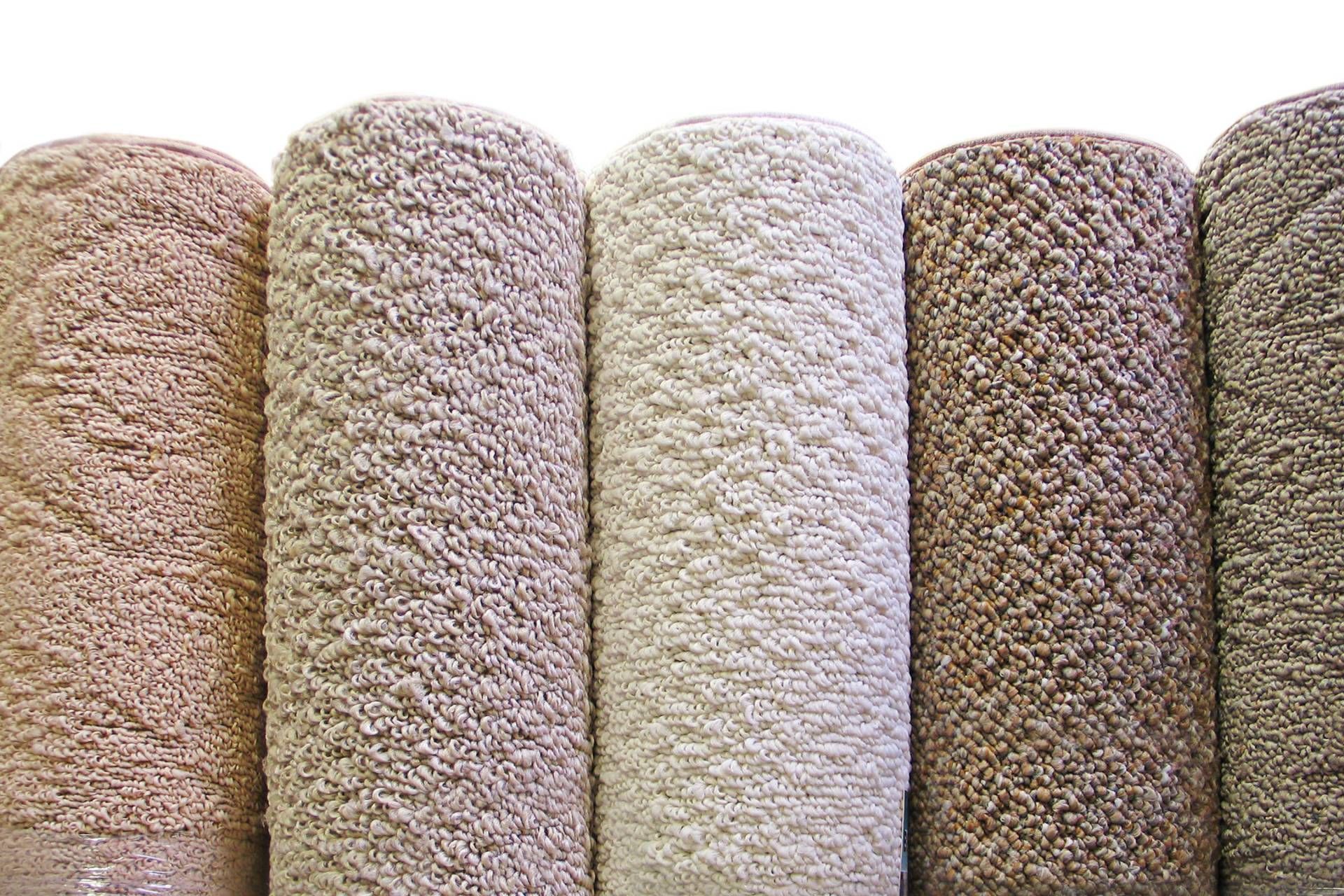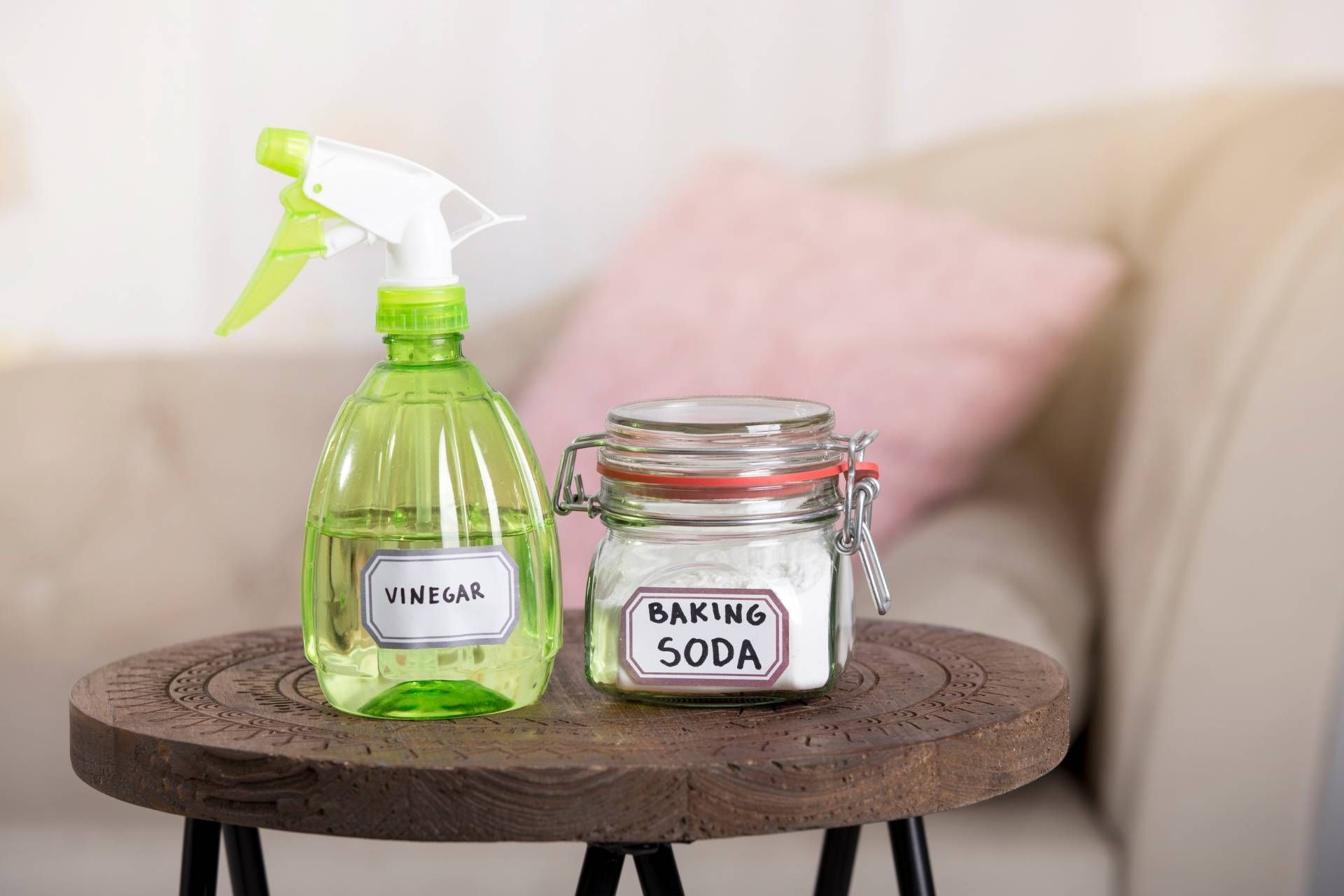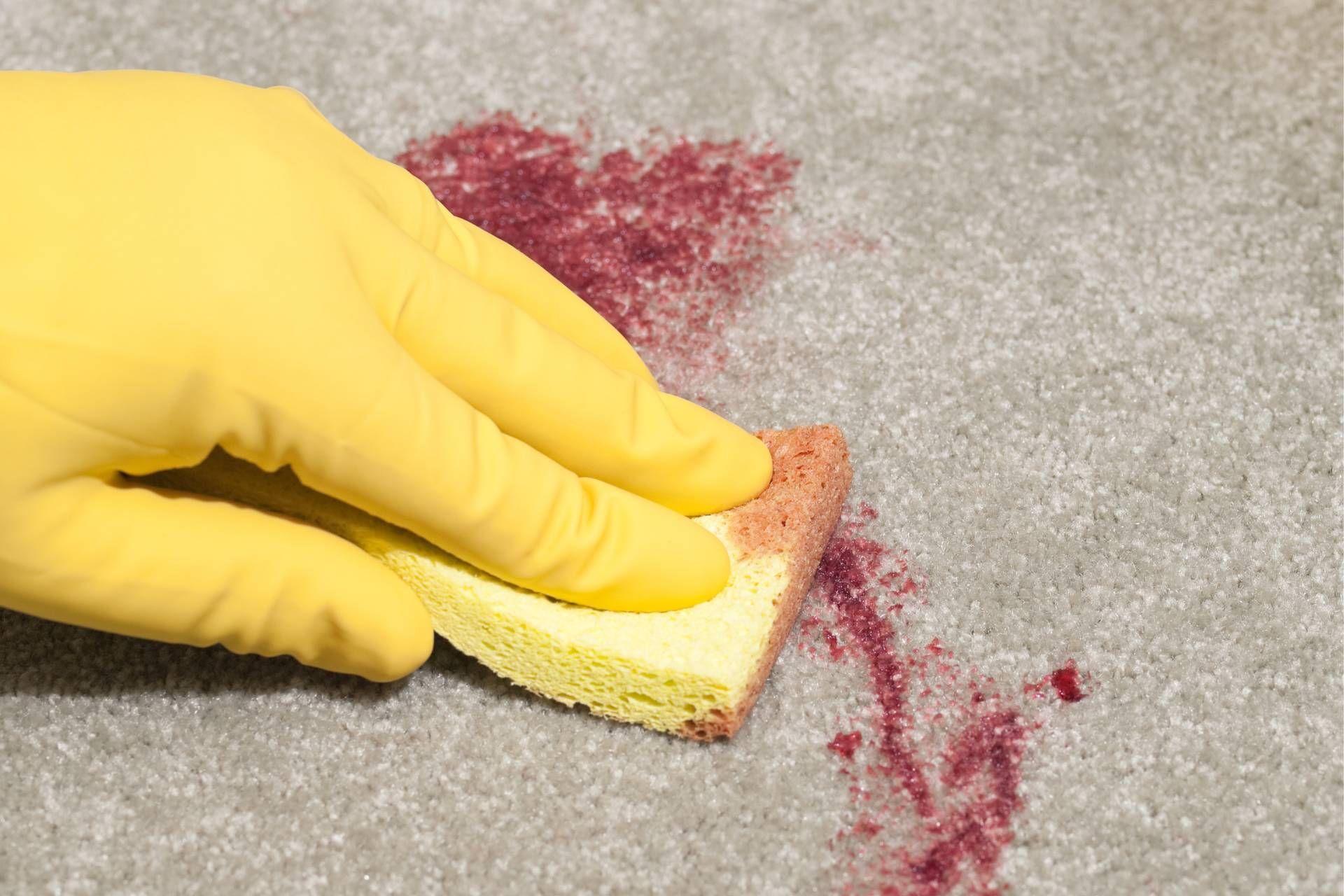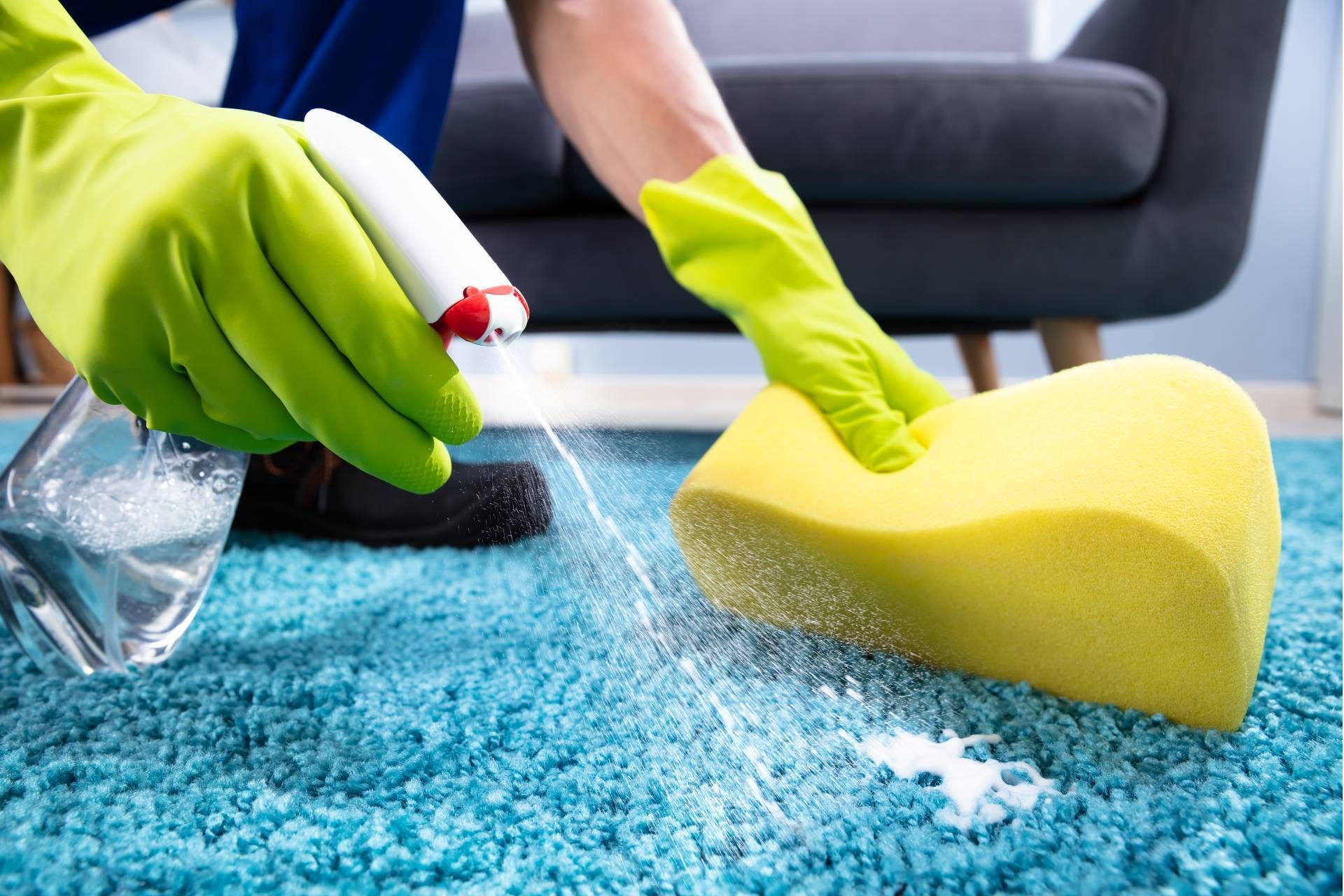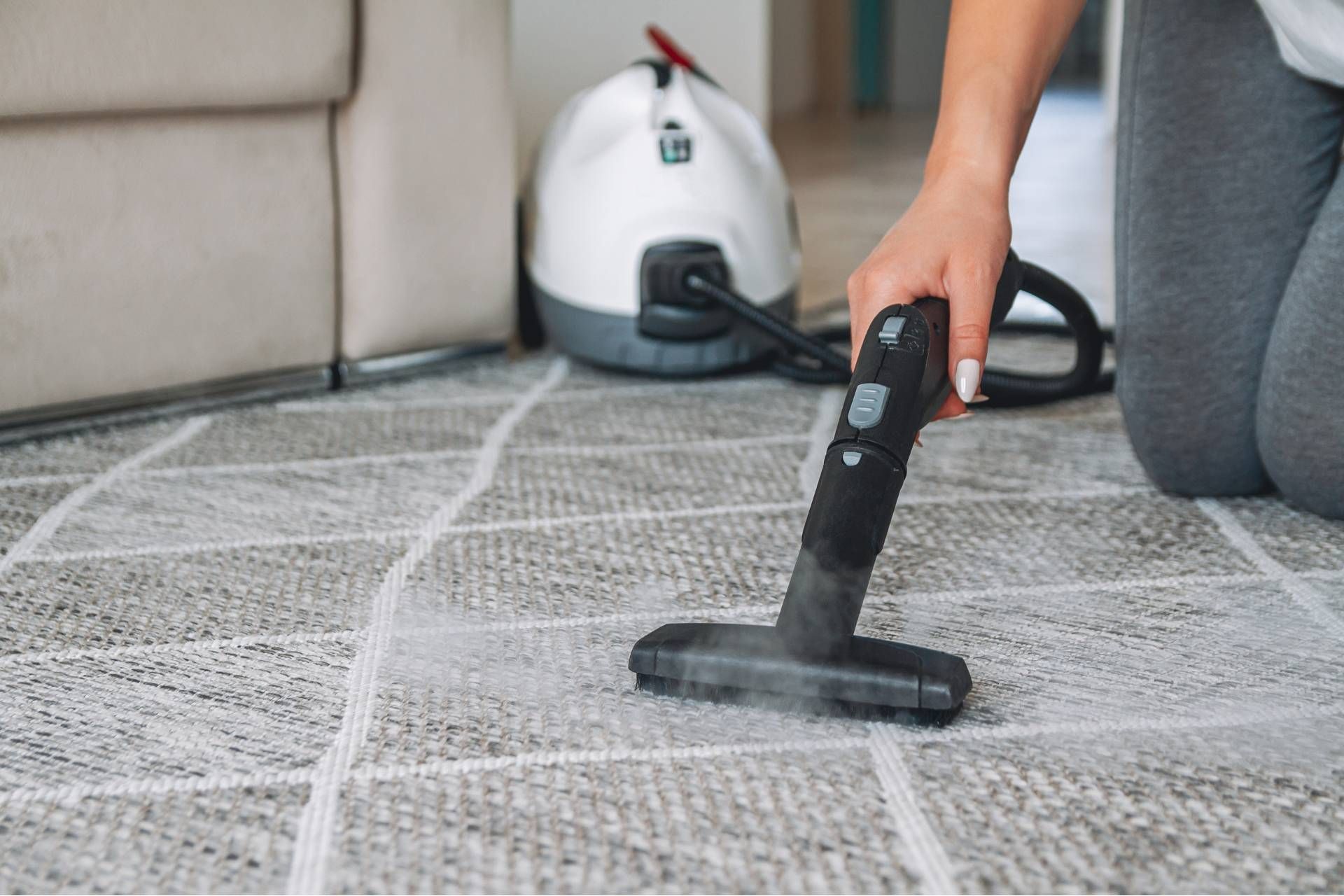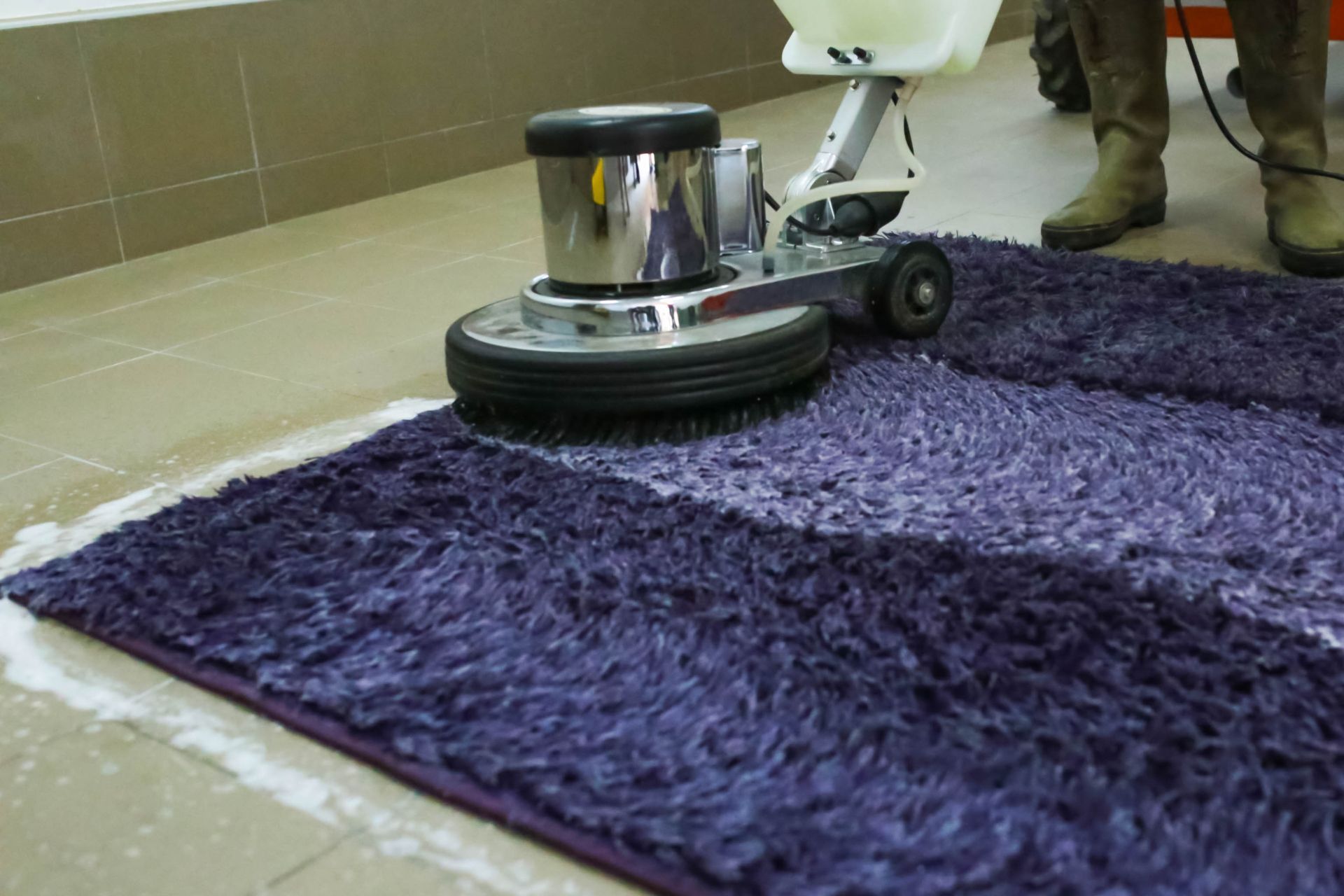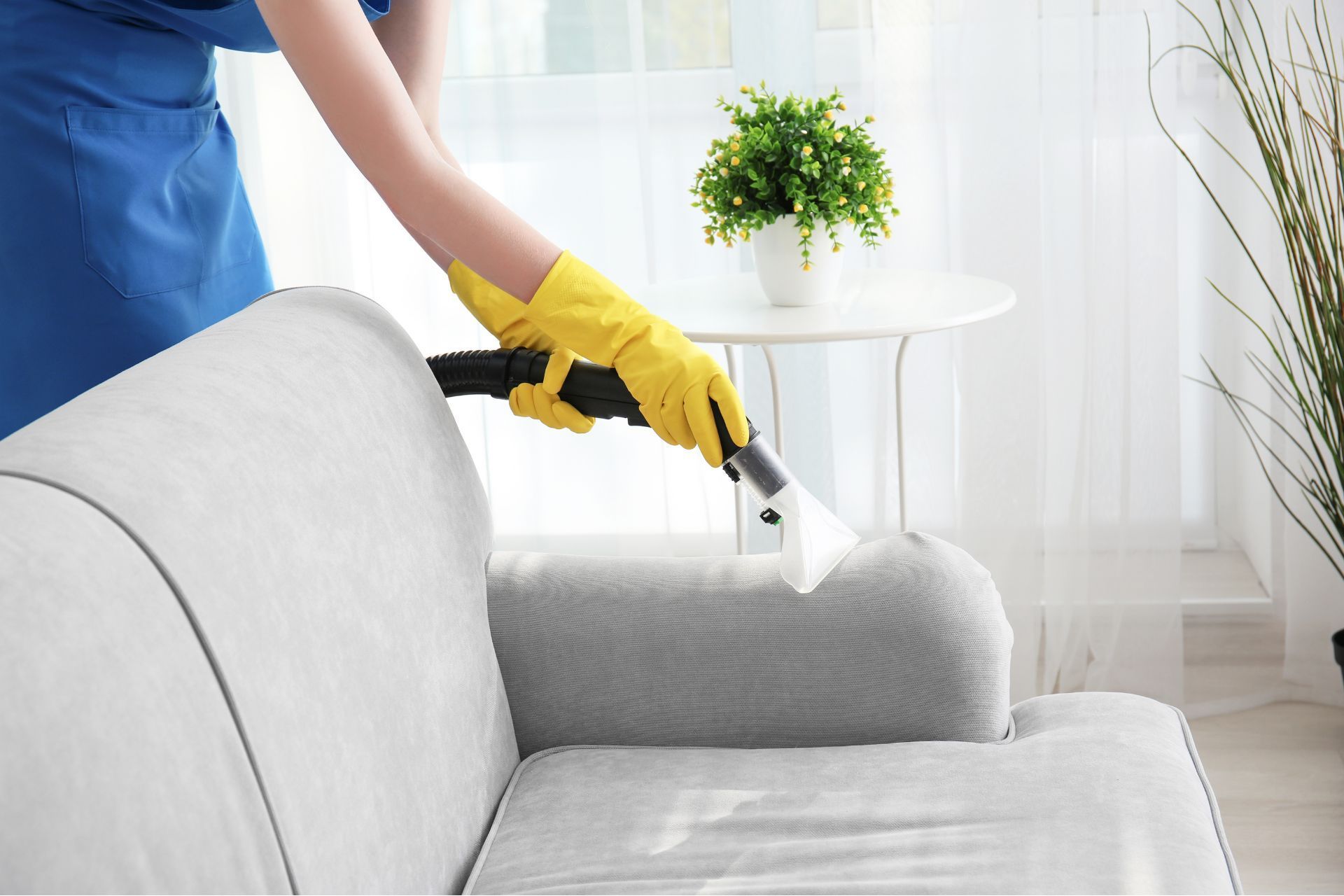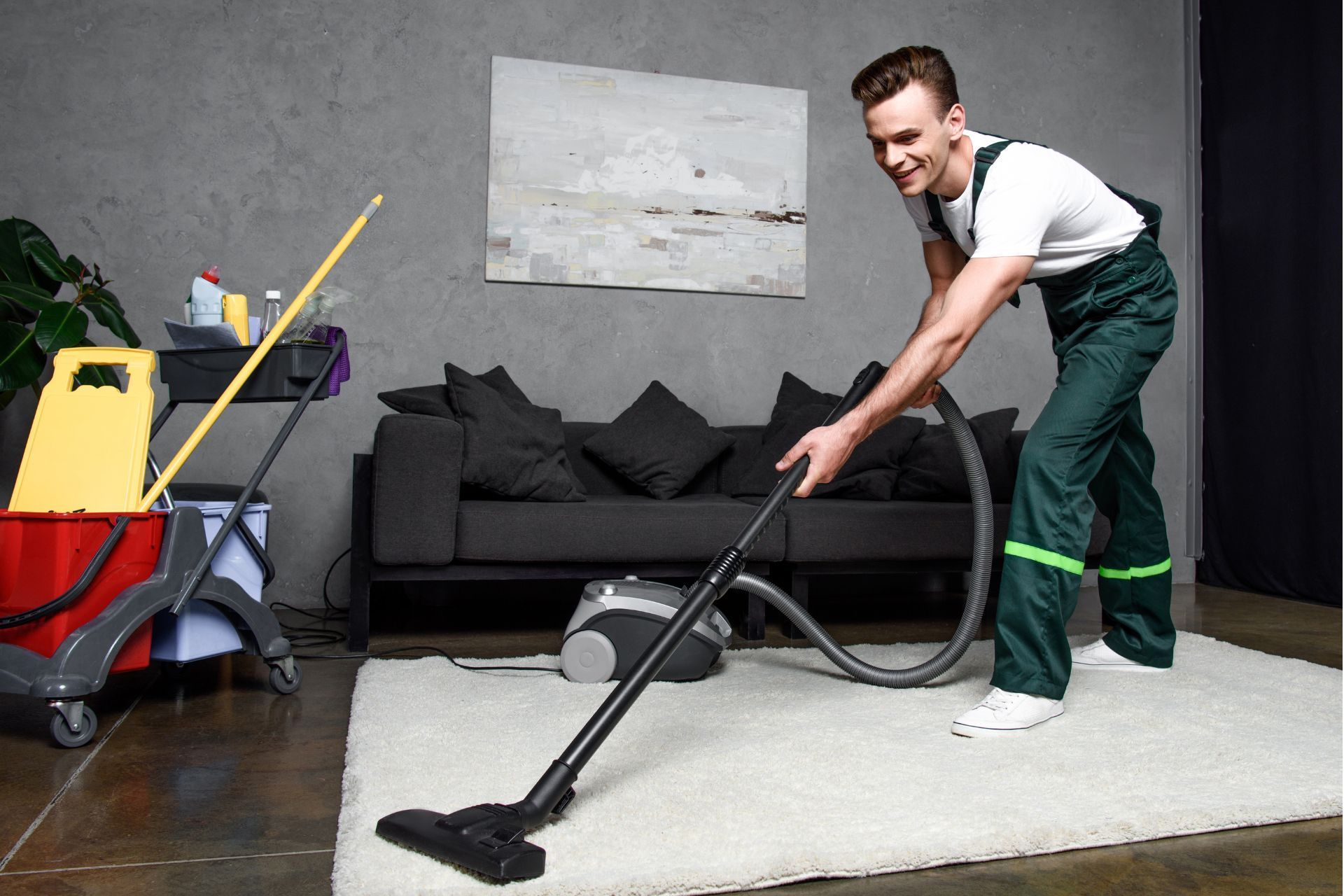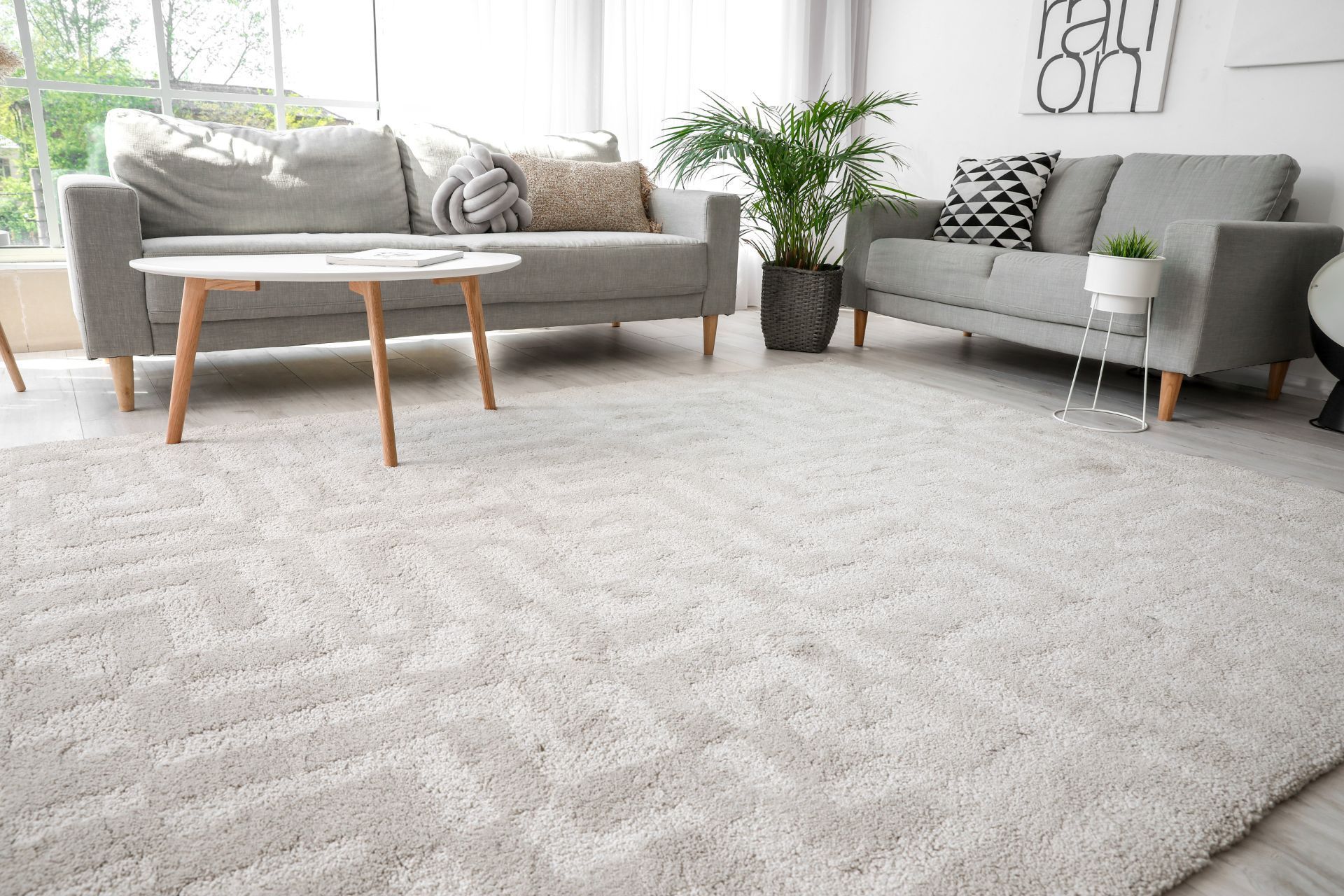How Often Should you Clean a Rug
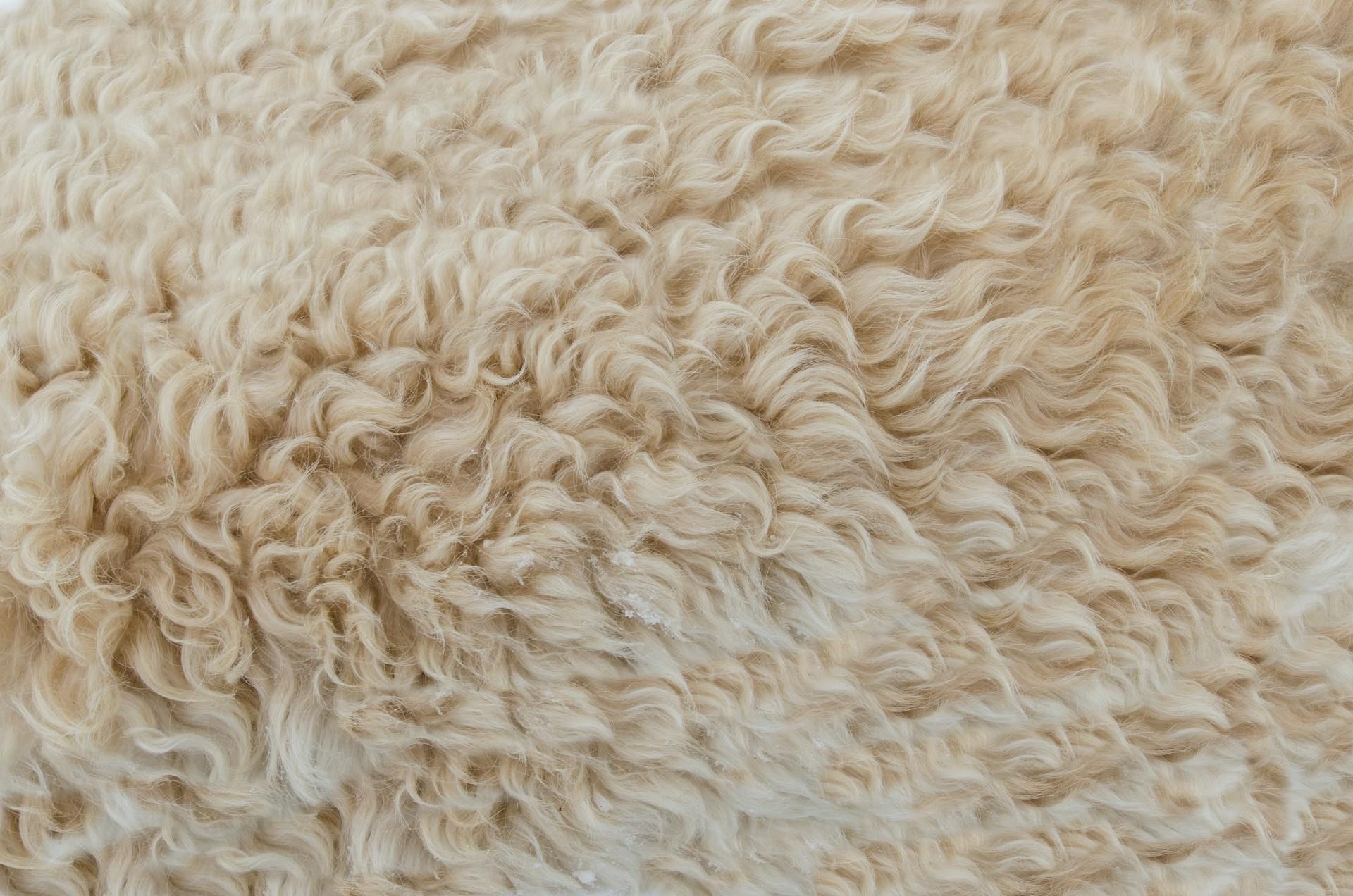
Rugs are a beautiful addition to any home, adding warmth, color, and texture to a room. However, they also require regular cleaning to maintain their appearance and longevity.
When it comes to maintaining the cleanliness of your rug, think of it as tending to a garden that requires regular care.
But how often should you clean a rug to keep it fresh and looking its best?
Let's explore the factors that influence the cleaning frequency and unveil the recommended schedule that will help you maintain a clean and inviting living space.
Factors Affecting Cleaning Frequency
Determining how often to clean your rug can sometimes be a bit confusing. There are several factors that can affect the cleaning frequency of a rug, and it’s important to consider these factors in order to keep your rug looking its best for years to come.
One of the main factors that can affect the cleaning frequency of a rug is the amount of foot traffic it receives. If your rug is in a high-traffic area, such as a hallway or living room, it will likely need to be cleaned more frequently than a rug in a low-traffic area. Dirt, dust, and other debris can quickly accumulate in high-traffic areas, making it necessary to clean the rug more often to prevent it from looking dirty and worn.
Another factor that can affect the cleaning frequency of a rug is the type of material it is made from. Different materials require different cleaning methods and frequencies. For example, a wool rug may need to be professionally cleaned once or twice a year, while a synthetic rug may only need to be spot cleaned and vacuumed regularly. It’s important to read the care instructions for your rug and follow the recommended cleaning schedule to ensure it stays looking its best.
The presence of pets and children in the home can also affect the cleaning frequency of a rug. Pets can track in dirt and pet hair, while children may spill drinks or snacks on the rug. If you have pets or children in your home, you may need to clean your rug more frequently to remove any stains or odors that they may leave behind.
The environment in which your rug is located can also affect the cleaning frequency. For example, if your rug is in a humid environment, it may be more prone to mold and mildew growth, requiring more frequent cleanings. Similarly, if your rug is near a fireplace or kitchen, it may be more susceptible to stains and odors, necessitating more frequent cleanings.
Recommended Cleaning Schedule
To keep your rugs looking their best and to prolong their lifespan, it's important to establish a regular cleaning schedule. Here are some recommended rug cleaning tips to help you maintain your beautiful rugs.
Weekly Vacuuming
One of the simplest ways to keep your rugs clean is to vacuum them on a weekly basis. Vacuuming removes dirt, dust, and debris that can become trapped in the fibers of the rug and cause it to look dull and worn out. Be sure to use a vacuum with a rotating brush or beater bar to thoroughly clean the rug and remove any embedded dirt.
Spot Cleaning
Accidents happen, and when they do, it's important to address spills and stains immediately to prevent them from becoming permanent. Blot spills with a clean cloth to absorb as much liquid as possible, then gently clean the area with a mild detergent and water. Avoid rubbing the stain, as this can cause it to spread and become more difficult to remove.
Professional Cleaning
In addition to regular vacuuming and spot cleaning, it's a good idea to have your rugs professionally cleaned at least once a year. Professional rug cleaning services have the expertise and equipment necessary to thoroughly clean and refresh your rugs, removing deep-seated dirt and allergens that regular vacuuming may not be able to reach. Additionally, professional cleaning can help restore the appearance and texture of your rugs, leaving them looking like new again.
Rotate Your Rugs
To prevent uneven wear and tear on your rugs, it's a good idea to rotate them every six months. This helps distribute foot traffic evenly across the rug and ensures that it wears more evenly over time. Additionally, rotating your rugs can help prevent fading and sun damage, especially if your rugs are placed in areas that receive a lot of sunlight.
Maintenance Tips for Clean Rugs
Here are some maintenance tips for clean rugs that will help you keep your floors looking their best.
1. Regular vacuuming: One of the simplest and most effective ways to keep your rugs clean is to regularly vacuum them. Dirt and debris can quickly build up in the fibers of a rug, so it's important to vacuum at least once a week, or more frequently in high-traffic areas. Be sure to use the appropriate setting on your vacuum for the type of rug you have, whether it's shag, flat-weave, or something in between.
2. Spot cleaning: Accidents happen, and it's important to address spills and stains quickly to prevent them from setting in. When a spill occurs, blot up as much of the liquid as possible with a clean cloth or paper towel, being careful not to rub the stain further into the rug. Then, use a mild detergent or stain remover specifically designed for rugs to clean the affected area. Be sure to test the cleaner on a small, inconspicuous area of the rug first to ensure it won't cause damage.
3. Rotate the rug: To prevent uneven wear and tear, it's a good idea to rotate your rug every few months, especially in high-traffic areas. This will help distribute foot traffic more evenly across the rug, ensuring that it wears more evenly over time.
4. Shake or beat the rug: Depending on the size and material of your rug, you may be able to shake it out or beat it to remove dirt and debris that vacuuming alone can't tackle. If your rug is small enough to move outdoors, hang it over a railing or clothesline and give it a good shake. For larger rugs, take them outside and gently beat them with a broom or rug beater to loosen dirt and dust.
5. Professional cleaning: While regular maintenance can go a long way in keeping your rugs clean, it's also a good idea to have them professionally cleaned once or twice a year. Professional cleaners have the tools and expertise to deep clean your rugs, removing ground-in dirt and stains that regular cleaning methods may not be able to tackle.
Yeti Clean Co specialize in professional rug cleaning services that will leave your rugs looking and feeling like new. Our team of experienced technicians uses only the latest cleaning techniques and equipment to ensure that your rugs are cleaned thoroughly and safely. Contact Yeti Clean Co today to schedule an appointment and give your rugs the TLC they deserve!
Health Risks Associated with Dirty Rugs
Allergens - As rugs accumulate dirt, dust, and pet dander, they become a breeding ground for allergens. These allergens can trigger allergic reactions in some individuals, causing symptoms such as sneezing, coughing, and watery eyes. Over time, exposure to these allergens can worsen existing allergies or even induce new ones.
Respiratory issues - Dust mites are microscopic insects that thrive in dirty rugs and bedding. These pests produce waste products that can trigger asthma attacks and other respiratory issues in susceptible individuals. Breathing in these particles can also irritate the respiratory tract, leading to coughing and difficulty breathing.
Mold and mildew - If rugs are not properly cleaned and dried, they can become a breeding ground for mold and mildew. These fungi can release spores into the air, which can be inhaled and cause respiratory problems. Inhaling mold spores can also trigger allergic reactions, including sneezing, itching, and skin rashes.
Bacteria - Dirty rugs can also harbor bacteria, including E. coli and salmonella, which can cause gastrointestinal issues if ingested. In addition, bacteria can also cause skin infections if they come into contact with broken skin or open wounds. Regular cleaning and disinfecting of rugs can help eliminate harmful bacteria and reduce the risk of infections.

